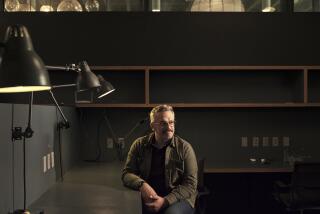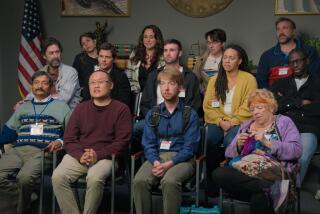Serving on Jury Duty
- Share via
I wish to add to the remarks in Ted Rohrlich’s article “Jury Duty: It’s Trying, but It Works” (Part I, Sept. 2).
My respect for the process of trial by jury--and for the many and diverse persons who become jurors--has been immensely increased by observations during 13 years on the bench.
Just a few weeks ago, I was a member of a jury, one of the few to serve in that capacity while employed as a judge. That experience solidified my belief in the efficacy and desirability of having cases tried by juries. Occasional anomalies do not alter my estimation. In retaining the jury system as we have it in California, we have evinced greater wisdom than that exhibited by our predecessors across the Atlantic--the mother country from which we derived the jury. England has done away with the jury in most civil litigation and in many criminal cases.
As Rohrlich pointed out, there is very little correlation, if any, between jurors’ decisions and their demographics. No matter the backgrounds of those persons we summon from their ordinary daily concerns and who appear for service on juries, when individuals are selected, something magical occurs. The selected take the task quite seriously and are able for the most part--contrary to lawyers’ belittling jokes--to grasp the issues, understanding the law on which we “instruct” them (perhaps, to an extent, participate in creating or fashioning the law by infusing it with the wisdom and conscience of the community) and render intelligent and just decisions.
It pleases me to be a part of a judiciary that accords dignity to jurors and accepts their intelligence, for, unlike “some judges” cited in the article, we permit jury note-taking, jurors’ proposing questions to be put to witnesses and reading of reporters’ notes of testimony during jury deliberations.
As legal philosophers have argued, the jury truly is our bulwark of freedom and the citadel of justice.
ERNEST L. AUBRY
Municipal Court Judge
Los Angeles


